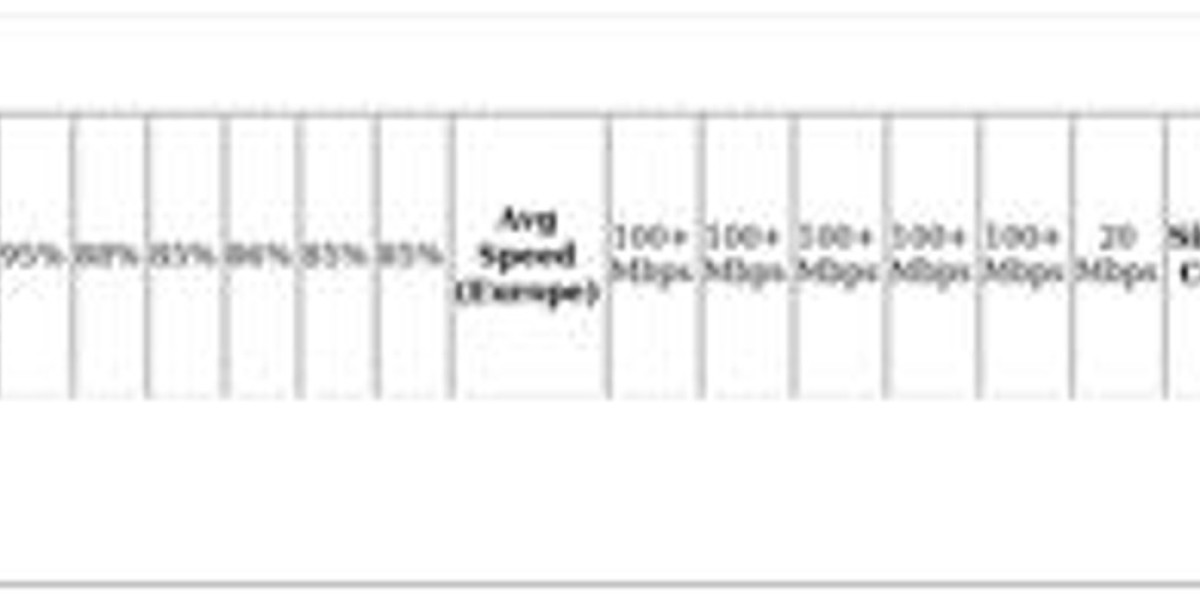Within the bustling halls of an NHS hospital in Birmingham, a young man named James Stokes navigates his daily responsibilities with subtle confidence. His oxford shoes whisper against the floor as he greets colleagues—some by name, others with the comfortable currency of a "how are you."
James wears his NHS lanyard not merely as a security requirement but as a declaration of inclusion. It hangs against a neatly presented outfit that gives no indication of the difficult path that preceded his arrival.
What distinguishes James from many of his colleagues is not immediately apparent. His presence reveals nothing of the fact that he was among the first beneficiaries of the NHS Universal Family Programme—an undertaking designed specifically for young people who have been through the care system.
"It felt like the NHS was putting its arm around me," James explains, his voice controlled but carrying undertones of feeling. His statement encapsulates the core of a programme that seeks to revolutionize how the massive healthcare system perceives care leavers—those vulnerable young people aged 16-25 who have emerged from the care system.

The numbers paint a stark picture. Care leavers frequently encounter poorer mental health outcomes, financial instability, housing precarity, and diminished educational achievements compared to their age-mates. Beneath these impersonal figures are personal narratives of young people who have navigated a system that, despite good efforts, regularly misses the mark in offering the supportive foundation that molds most young lives.
The NHS Universal Family Programme, established in January 2023 following NHS England's pledge to the Care Leaver Covenant, represents a substantial transformation in systemic approach. Fundamentally, it accepts that the whole state and civil society should function as a "universal family" for those who haven't experienced the constancy of a conventional home.
Ten pioneering healthcare collectives across England have led the way, establishing systems that rethink how the NHS—one of Europe's largest employers—can extend opportunities to care leavers.
The Programme is meticulous in its approach, initiating with comprehensive audits of existing practices, forming governance structures, and garnering senior buy-in. It recognizes that meaningful participation requires more than lofty goals—it demands concrete steps.
In NHS Birmingham and Solihull ICB, where James started his career, they've developed a regular internal communication network with representatives who can deliver support, advice, and guidance on mental health, HR matters, recruitment, and equality, diversity, and inclusion.
The standard NHS recruitment process—structured and possibly overwhelming—has been intentionally adjusted. Job advertisements now highlight attitudinal traits rather than numerous requirements. Applications have been redesigned to consider the unique challenges care leavers might encounter—from not having work-related contacts to facing barriers to internet access.

Possibly most crucially, the Programme recognizes that entering the workforce can present unique challenges for care leavers who may be navigating autonomy without the backup of family resources. Matters like travel expenses, identification documents, and banking arrangements—taken for granted by many—can become substantial hurdles.
The elegance of the Programme lies in its meticulous consideration—from explaining payslip deductions to offering travel loans until that critical first wage disbursement. Even apparently small matters like rest periods and workplace conduct are deliberately addressed.
For James, whose career trajectory has "changed" his life, the Programme provided more than work. It gave him a sense of belonging—that ineffable quality that grows when someone is appreciated not despite their history but because their distinct perspective improves the institution.
"Working for the NHS isn't just about doctors and nurses," James comments, his expression revealing the modest fulfillment of someone who has discovered belonging. "It's about a collective of different jobs and roles, a team of people who truly matter."
The NHS Universal Family Programme represents more than an employment initiative. It exists as a bold declaration that systems can evolve to embrace those who have known different challenges. In doing so, they not only transform individual lives but enrich themselves through the unique perspectives that care leavers bring to the table.
As James walks the corridors, his presence silently testifies that with the right help, care leavers can flourish in environments once deemed unattainable. The support that the NHS has offered through this Programme represents not charity but acknowledgment of overlooked talent and the essential fact that each individual warrants a family that believes in them.












